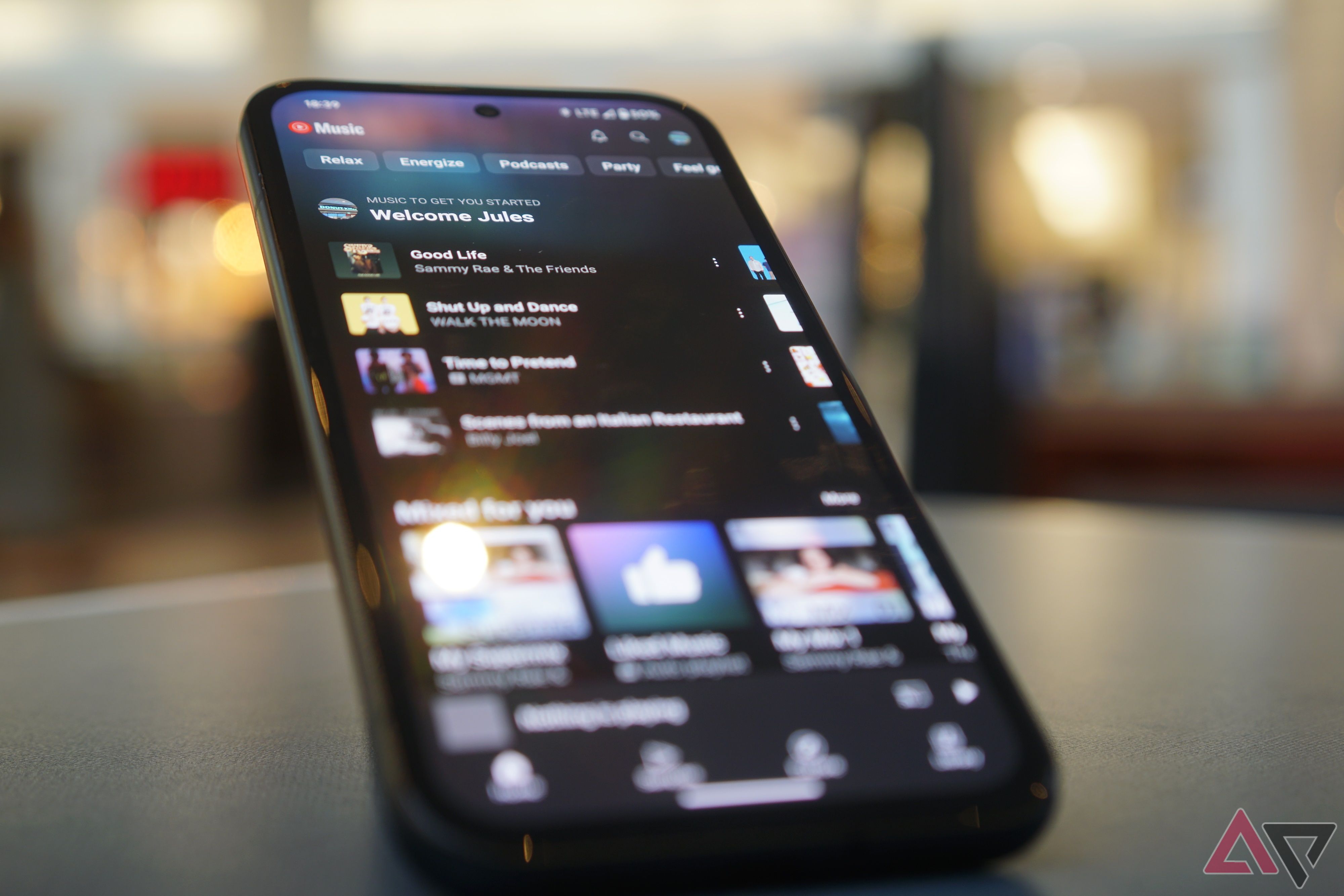Summary
- A report in Harper’s Magazine claims Spotify uses cheaply produced, generic music in playlists, favoring production companies over independent artists.
- The alleged practice undermines streaming meritocracy and means Spotify doesn’t need to pay royalties to real artists.
- Spotify claims the report is incorrect, while former employees say the practice is ongoing at the company.
Spotify may be the world’s largest music streaming service, but it has a long history of ripping off the artists who make the music on the platform. It pays among the lowest royalties of all the streaming platforms and favors big labels over indie producers. Taylor Swift even withdrew her work from Spotify at one point. But Spotify is facing new scrutiny after a report revealed the alleged use of cheaply produced, generic music to fill playlists.

My YouTube Music recommendations recently got a whole lot better, and I’m smitten
The dark horse of music streaming is on its way to being excellent
The report from Harper’s Magazine claims that Spotify contracts production studios to generate cheap music that is quietly inserted into playlists (via Tech Radar). The program, known as Perfect Fit Content (PFC), allegedly favors music from these production companies over independent artists. Spotify reportedly buys the music from these companies for a flat fee and doesn’t have to pay out royalties to actual artists.
A threat to music as we know it
The report claims that PFC music is designed to mimic popular genres like lo-fi beats, ambient, and classical music. This practice has serious implications for artists. Spotify pays between $0.003 and $0.005 per stream to the artists, or the producers, depending on who owns the music rights. Spotify markets itself as a democratic discovery platform, where users vote with their streams to reward great music. But rather than promote independent musicians, Spotify gives its bulk-purchased PFC tracks prominent placement in playlists.
“Spofity’s PFC program undermines the idea of streaming meritocracy,” Harper’s journalist Liz Pelly wrote in her article. “Why pay full royalties if people are only half listening? That’s the mindset behind PFC, but it ignores the cultural importance of those genres and the livelihoods of the musicians who create them.”
Spotify, for its part, denies the claims. The company states playlist editors are not encouraged to include PFC tracks, but former employees cited in the report contradict this and describe employee dissatisfaction with the program.
Then there’s the issue of AI-generated music
The Harper’s report also raises concerns about AI-generated music finding its way into Spotify playlists. Spofity CEO Daniel Elk is a champion of AI, but many critics, including former Spotify playlist editors, warn it could lead to a flood of “musical wallpaper” that mimics real artists finding its way into the PFC program.
There seems to be no guardrails in place for exploitation in this space. Streaming has overtaken physical music purchases, such as DVDs and vinyl records. For now, listeners and musicians alike are left questioning the long-term impact of streaming on creative industries.


